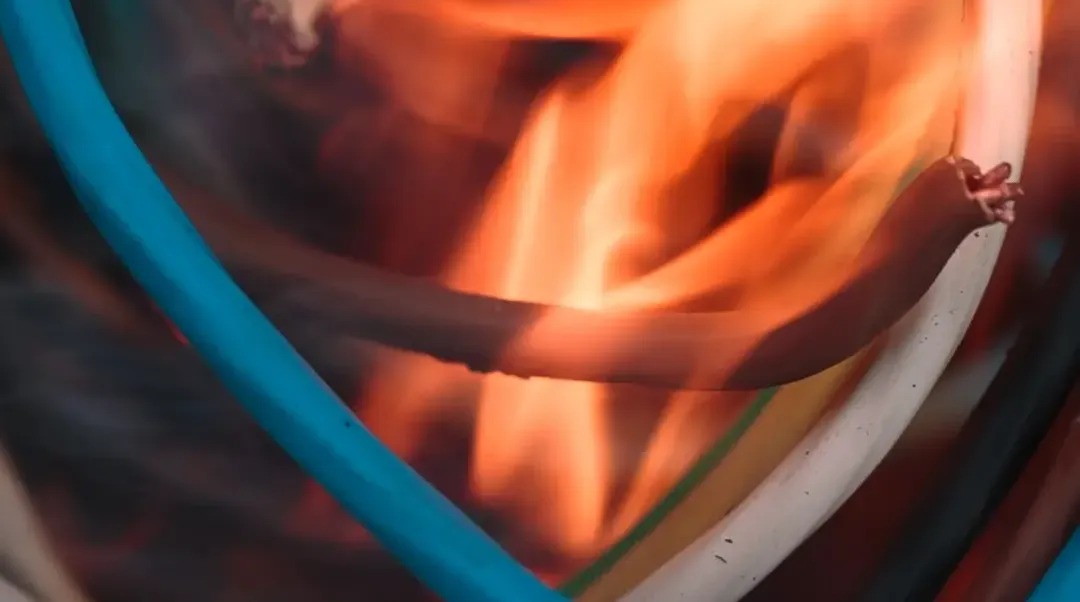CPR Compliance: Ensuring Safe Cables
What is CPR?
CPR stands for Construction Products Regulation (EU) No 305/2011, a European regulation that lays down harmonized rules for the marketing of construction products, including electrical cables that are permanently installed in buildings or civil engineering works.
Company Statement
Cleveland Cable Company is committed to compliance with the Construction Products Regulation (CPR). We confirm that all cables manufactured after 1st July 2017 have been assessed in line with CPR requirements where applicable, complete with supporting documentation.
The Legislation
From 1st July 17 all non-fire performance cables introduced into the EU market which are to be a permanent fixture in a building or construction must comply with CPR and be rated and certified accordingly. The legislation applies across all construction products across Europe and aims to provide harmonised standards to all new building projects.
1. Purpose of CPR for Cables
CPR aims to improve:
- Fire safety in buildings
- Performance transparency across EU markets
- Standardization of cable reaction to fire
- Cables are evaluated primarily for their reaction to fire, such as flame spread, heat release, smoke production, burning droplets, and acidity.
2. CPR Classification for Cables
Cables are classified into seven Euroclasses, from most to least fire-resistant:
Euroclass Description
Aca No contribution to fire
B1ca Very limited contribution
B2ca Limited contribution
Cca Acceptable fire behavior (often minimum for public buildings)
Dca Moderate fire behavior
Eca Basic performance
Fca No declared performance
Each class may also have additional ratings:
- s1, s2, s3: Smoke production (s1 = least smoke)
- d0, d1, d2: Burning droplets (d0 = none)
- a1, a2, a3: Acidity of gases (a1 = low acidity)
Example: A cable labelled Cca-s1a,d0,a1 means:
- Cca - Fire performance
- Very low smoke emission
- No burning droplets
- Low-acid gas emissions
3. Applications
CPR applies to all power, control, and communication cables installed:
- Permanently in buildings
- In other civil engineering works (e.g., tunnels, bridges)
It does not apply to:
- Cables for temporary installations
- Portable appliances or machines
- Marine or railway-specific cables
4. Manufacturer Responsibilities
Manufacturers must:
- Test cables to EN 50575 (the harmonized standard)
- Issue a Declaration of Performance (DoP)
- Apply the CE marking with CPR classification
5. Why CPR Matters
- Enhances building safety
- Ensures compliance with EU laws
- Helps designers and installers select suitable cables based on fire safety needs
Testing
Fire Testing to EN 50575 |
Factory Inspection |
Type Testing |
| Must be accredited Notified Lab |
Factory surveillance program twice a year |
Every three year per cable "family" initially upon application |
| UK includes BASEC and BRE (LPCB) |
Extended to 5 years with previous consistent test results |
Affected Cleveland Cable Products
Medium Voltage Power Cable
Low Voltage Power Cable
Data & Fibre Cable
Twin Cable
Flat Cable
Control Cable
Compliance to CPR
Compliance to CPR is verified by the CE Marking on the product or the packaging. Cleveland Cable Company cut tickets will show the same information as the drum, but with additional details. The Manufacturer Declaration of performance certificate is kept on record at Cleveland Cable and is available on request.


